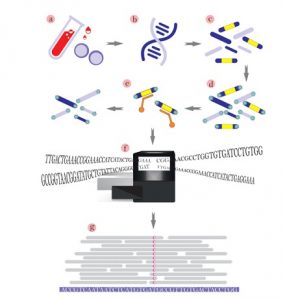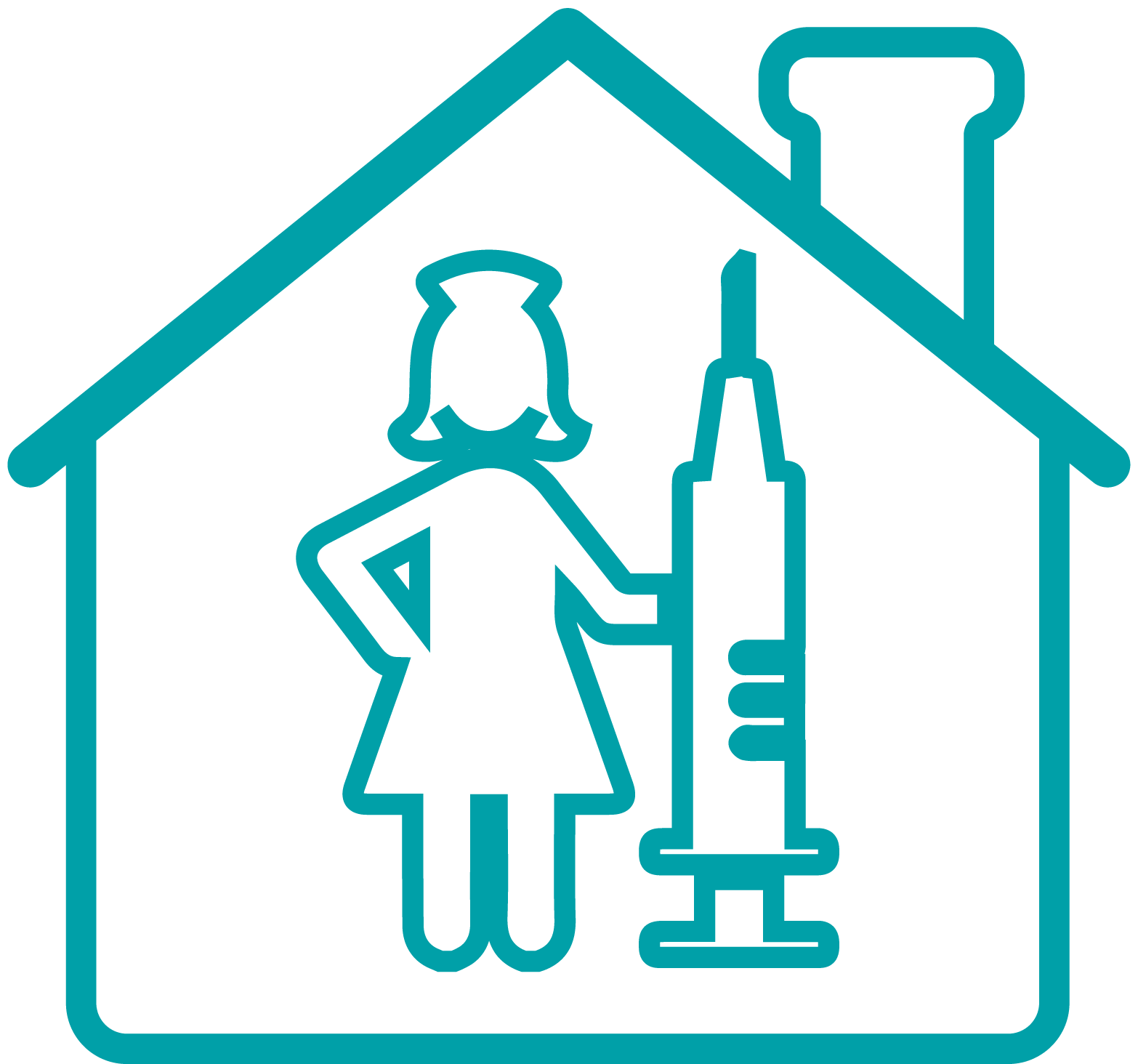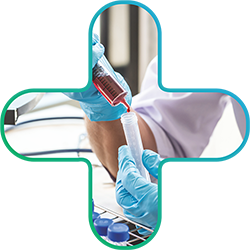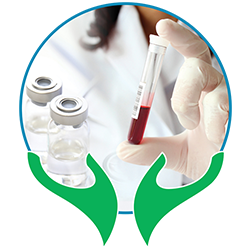Unraveling Genetic Mysteries: The Power of Exome Sequencing
In the intricate world of genetics, where the smallest variations can hold the key to understanding diseases, exome sequencing emerges as a powerful tool. Delving into the very essence of our genetic makeup, exome sequencing holds the promise of unlocking mysteries that have long confounded medical professionals. Let’s delve deeper into what exome sequencing entails and how it can revolutionize healthcare.
What is Exome Sequencing?

Exons, the functional regions of our genes, play a crucial role in the synthesis of proteins. The exome represents the entirety of these exons, comprising a mere 2% of the vast human genome. Yet, within this small fraction lies a treasure trove of information, housing around 85% of genetic variations linked to diseases. By scrutinizing the exome, we gain insights into the underlying genetic factors contributing to various conditions, paving the way for targeted interventions and personalized medicine.
Exome vs. Genome Sequencing: Making the Right Choice
Whole genome sequencing (WGS) and whole exome sequencing (WES) stand as pillars of next-generation sequencing techniques. While WGS offers a comprehensive view of an individual’s entire genome, it comes with substantial costs and data management challenges. In contrast, WES provides a focused analysis of the protein-coding regions, offering a cost-effective and efficient alternative. This targeted approach proves invaluable, especially in diagnosing rare diseases and elucidating complex genetic disorders.
Benefits of Exome Sequencing
The applications of exome sequencing are far-reaching, spanning from diagnosing rare genetic conditions to identifying individuals at risk of common diseases like cancer and cardiovascular disorders. By unraveling the genetic blueprint, WES empowers clinicians to make informed decisions, guiding treatment strategies and preventive measures. From neonatal patients with ambiguous symptoms to individuals with a family history of genetic diseases, exome sequencing offers hope where traditional diagnostic approaches fall short.
The Process Unveiled: How Exome Sequencing Works
Exome sequencing follows a meticulous process, beginning with the collection of a blood sample. From DNA extraction to fragmenting and enriching exonic sequences, each step is meticulously executed to ensure accuracy and reliability. The resulting exome library undergoes high-throughput sequencing, generating millions of sequenced reads. These raw data are then analyzed against the human genome reference sequence, unraveling the genetic mysteries encoded within.
Embracing the Future of Personalized Medicine
As exome sequencing continues to evolve, it holds the promise of revolutionizing healthcare on a global scale. With advancements in technology and data analysis, this transformative tool is poised to become increasingly accessible, driving precision medicine forward. By deciphering the intricacies of our genetic makeup, exome sequencing heralds a new era of personalized healthcare, where diagnoses are precise, treatments tailored, and lives enriched.

In conclusion, exome sequencing stands as a beacon of hope in the realm of genetics, offering answers to questions that have long eluded us. As we harness the power of this technology, we embark on a journey towards a future where diseases are understood at their genetic core, and healthcare is truly personalized.

















